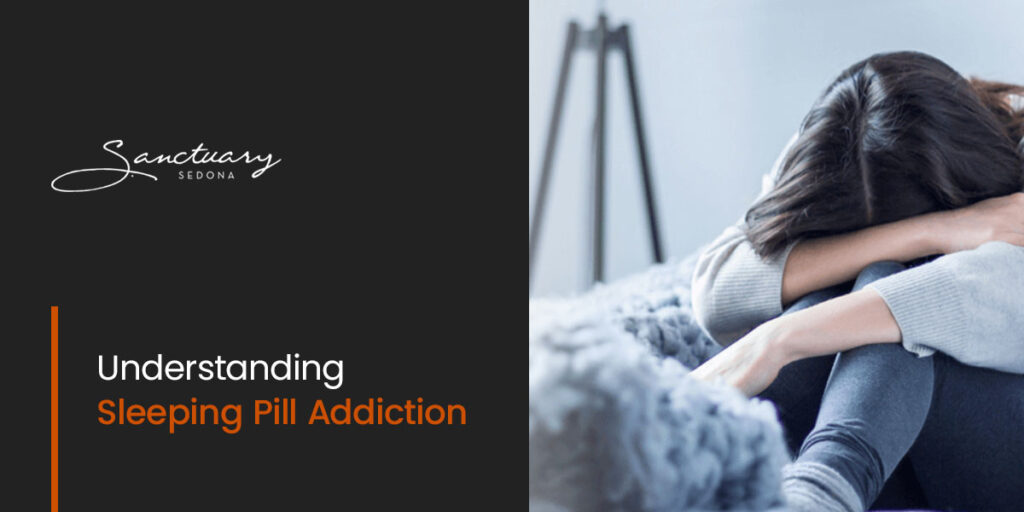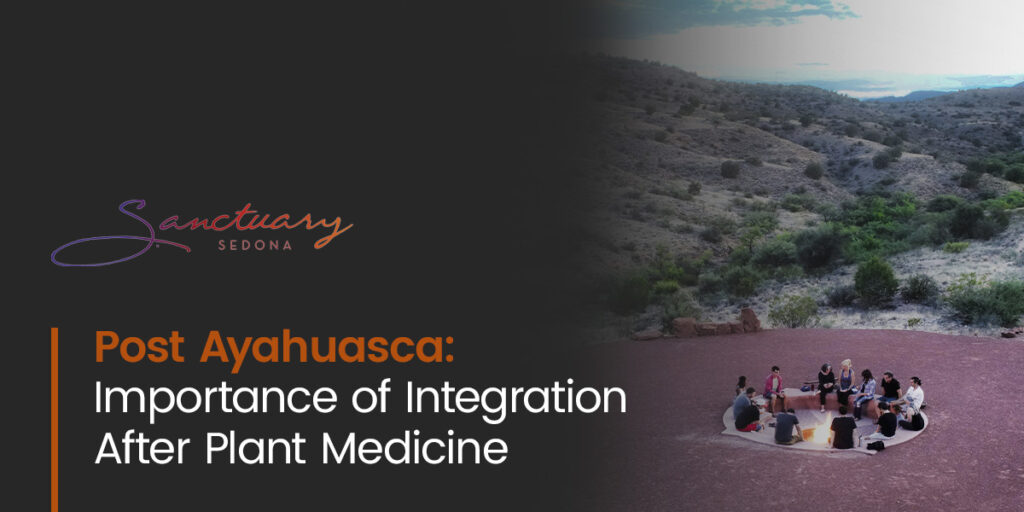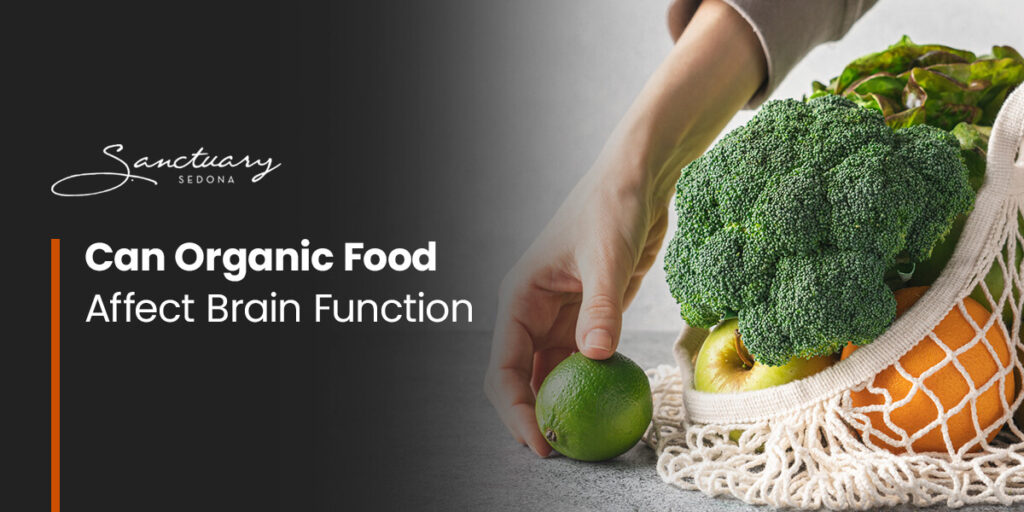Addiction is often a symptom of a deeper issue that plagues the mind, body, soul, and spirit. For people struggling with a co-occurring disorder — addiction coupled with a mental health condition — these individuals often use drugs or alcohol to ease the thoughts and intense emotions brought on by depression, anxiety, or other mental health issues. At The Sanctuary, we believe healing and transformation can only come through a holistic approach to dual diagnosis.
The Sanctuary at Sedona is a 30-Day residential, alternative, co-occurring disorder treatment center. Our alternative treatments include science-backed therapies, Indigenous wisdom practices, and complementary methods that work together to heal the whole person — mind, body, soul, and spirit. Our approach helps you move from being in a state of recovery to being recovered.
What is Co-Occurring Disorder? | Holistic, Alternative Dual Diagnosis Treatment Centers | How Can A Holistic Alternative Dual Diagnosis Treatment Program Help You? | Dual Diagnosis Treatments Available at The Sanctuary | Is Holistic Treatment for Dual Diagnosis Still Possible?
What Is Co-Occurring Disorder (Dual Diagnosis)?
A co-occurring disorder (also known as dual diagnosis) is when an addiction and a mental health disorder occur at the same time. Perhaps you use alcohol to numb the pain of your depression. Or, you find that opioids calm your nerves and ease your anxiety. Maybe prescription meds feel like the only escape from your PTSD or trauma symptoms.
A co-occurring disorder diagnosis can be an extra-challenging situation, because each condition tends to feed into the other, creating a synergistic effect:
- Mental health issues can lead to addiction when substances are used to self-medicate uncomfortable feelings.
- Substance abuse causes mood instability and chemical imbalances in the brain, which worsen mental health symptoms.
At The Sanctuary, we believe addiction and mental health conditions aren’t just symptoms needing a cure. Each issue is interdependent — one part of a larger, interconnected web that makes up your overall health and well-being. When one area of your life is out of balance, every other part is impacted. Physical pain leads to emotional pain. Spiritual depletion leads to physical symptoms. And, as is the case with co-occurring disorders, mental and emotional unrest can cause addiction.
That’s why a whole-person approach is essential. Holistic treatment accounts for your body, mind, emotions, spirit and other factors to help you find proper balance in your life and overcome the obstacles impacting your overall health.



